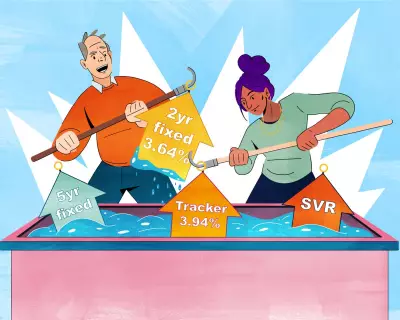
When marital tensions escalate and the dreaded 'D-word' enters conversations, financial worries often follow close behind. One of the most pressing concerns for many facing divorce is what happens to their hard-earned private pension.
The Pension Division Dilemma
During divorce proceedings in England and Wales, pensions are considered marital assets alongside property, savings, and investments. This means your private pension could indeed be subject to division, regardless of whose name it's in.
How Courts Approach Pension Splitting
There are three main ways courts typically handle pension division:
- Pension Sharing Orders: A percentage of one spouse's pension fund is transferred to the other
- Pension Offsetting: One spouse keeps their entire pension in exchange for other assets of equivalent value
- Pension Attachment Orders: Payments are made from one spouse's pension to the other when benefits are drawn
Factors That Influence the Outcome
Courts consider numerous elements when deciding on pension division, including:
- The length of the marriage
- Both parties' ages and health
- Individual financial needs and resources
- Contributions to the family (both financial and otherwise)
- Future earning capacities
"Many people mistakenly believe that if they built their pension before marriage, it's protected. While pre-marital contributions are considered, the entire pension pot remains part of the financial settlement," explains a financial advisor specialising in divorce cases.
Protecting Your Financial Future
If divorce seems inevitable, taking proactive steps can help safeguard your financial position:
- Gather complete pension documentation for both parties
- Obtain professional valuations of all pension assets
- Seek independent legal and financial advice
- Consider mediation before court proceedings
- Think long-term about retirement needs for both individuals
While the emotional toll of divorce is significant, understanding the financial implications—particularly regarding pensions—can help both parties achieve a fair settlement and maintain financial stability in their post-divorce lives.





